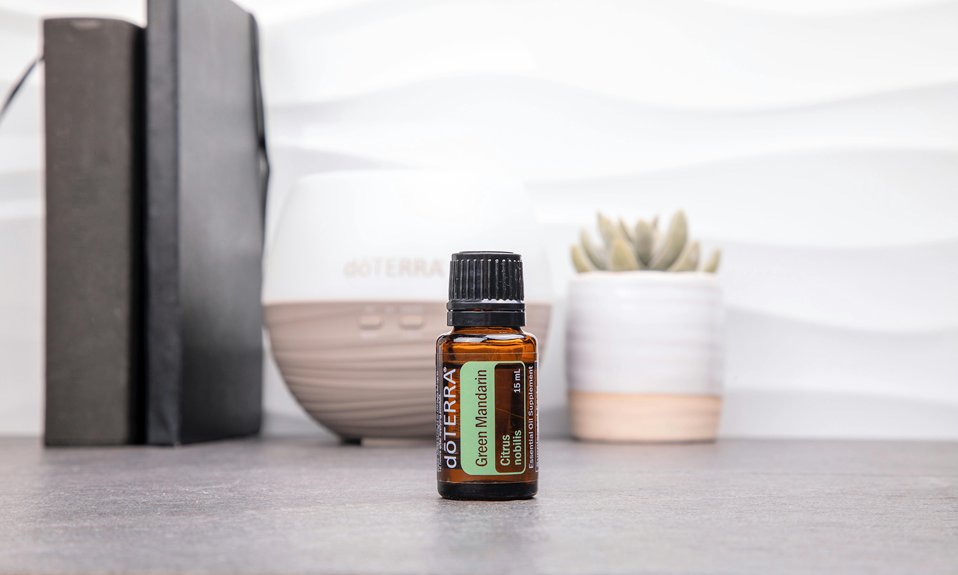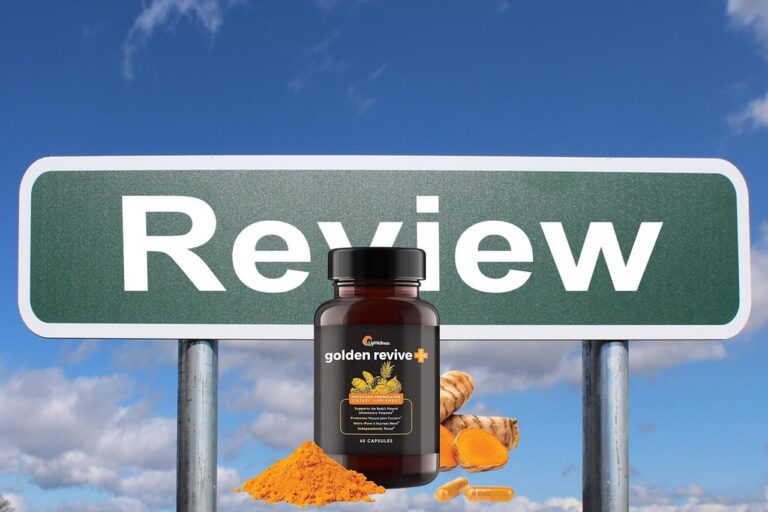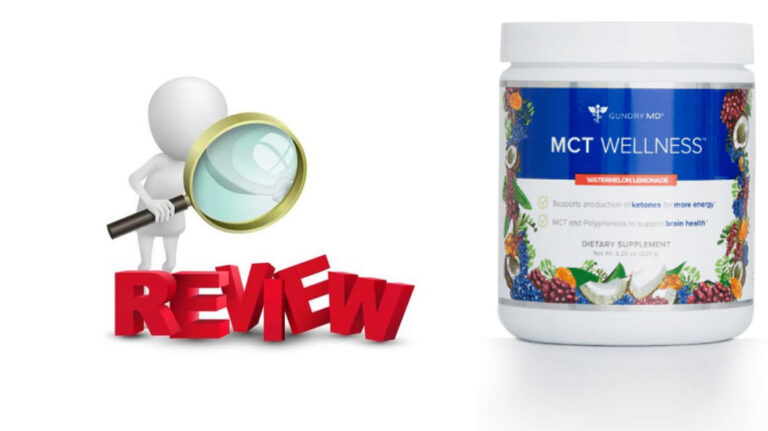
Did you know that nearly 75% of the fat in olive oil is heart-healthy monounsaturated fat? This makes it a popular choice among health-conscious cooks. But what really sets olive oil apart in the kitchen? Understanding its nutritional profile, health benefits, and various uses can transform your cooking. Let’s explore why incorporating olive oil into your meals might be one of the best decisions for your health.
The Nutritional Profile of Olive Oil
When you think about cooking oils, olive oil often stands out for its impressive nutritional benefits. Packed with monounsaturated fats, it’s a heart-healthy choice that can help you feel liberated in your cooking. These fats support cholesterol levels and promote overall wellness, empowering you to make better dietary decisions. Olive oil’s rich content of antioxidants, such as vitamin E and polyphenols, contributes to its protective qualities, making it a smart addition to your kitchen. Plus, it’s low in saturated fats, allowing you to enjoy its flavor without compromising your health. Whether you’re drizzling it on salads or sautéing veggies, you’re choosing an oil that nourishes both your body and your culinary creativity. Embrace the freedom that olive oil brings to your meals! Research shows that certain olive oils, like Gundry MD Olive Oil, can provide up to 30 times more polyphenols than average options, enhancing their health benefits even further.
Health Benefits of Olive Oil
While you might already enjoy the flavor of olive oil in your dishes, its health benefits make it an even more compelling choice for your kitchen. Olive oil is rich in monounsaturated fats, which can help lower bad cholesterol levels and improve heart health. It’s packed with antioxidants, like vitamin E and polyphenols, that combat inflammation and protect your cells from damage. These compounds may even reduce the risk of chronic diseases such as heart disease and diabetes. Plus, using olive oil in your cooking can enhance nutrient absorption from other foods, making your meals even more nutritious. By choosing olive oil, you’re not just elevating your culinary creations; you’re also investing in your well-being and embracing a healthier lifestyle.
Understanding Smoke Points
Understanding smoke points is essential for anyone who wants to make the most of olive oil in their cooking. The smoke point is the temperature at which oil begins to smoke and break down, affecting the flavor and health benefits. Here’s what you need to know:
- Extra virgin olive oil: Generally has a smoke point around 375°F (190°C), ideal for low to medium heat cooking.
- Refined olive oil: Has a higher smoke point, around 465°F (240°C), making it suitable for sautéing and frying.
- Flavor impact: Cooking beyond the smoke point can create a bitter taste.
- Health considerations: Overheating can produce harmful compounds; knowing smoke points helps you stay healthy.
Choose wisely to enjoy the full benefits of olive oil!
Extra Virgin vs. Regular Olive Oil
Cooking with olive oil involves more than just choosing a bottle off the shelf; it’s about understanding the differences between extra virgin and regular olive oil. Extra virgin olive oil (EVOO) is the highest quality, made from cold-pressed olives and packed with antioxidants and healthy fats. Its robust flavor enhances dishes, making it perfect for dressings, drizzling, or light cooking. On the other hand, regular olive oil is typically refined, which strips away some flavor and nutrients. While it’s more affordable and has a higher smoke point, you miss out on the health benefits of EVOO. If you’re aiming for vibrant taste and health, choosing extra virgin olive oil is a liberating decision that can elevate your cooking experience.
Cooking Methods Compatible With Olive Oil
When you explore the various cooking methods compatible with olive oil, you’ll discover its versatility shines in many culinary applications. You can elevate your dishes using olive oil in the following ways:
- Sautéing: Quickly cook vegetables or proteins over medium heat, allowing their flavors to meld beautifully.
- Roasting: Drizzle olive oil on veggies or meats before popping them in the oven for a crisp, golden finish.
- Grilling: Brush olive oil on your meats and veggies for added flavor and to prevent sticking on the grill.
- Baking: Substitute olive oil for butter in recipes to create moist baked goods with a light, nutty taste.
With these methods, you’ll find that olive oil enhances your cooking while promoting health. Enjoy the freedom of flavor!
Flavor Enhancements in Cooking
Olive oil does more than just serve as a cooking medium; it also enhances the flavors of your dishes in remarkable ways. When you drizzle it over roasted vegetables or use it to sauté garlic, you’ll notice a depth of flavor that elevates your meal. Its fruity and peppery notes can add richness to salads, pasta, and even grilled meats.
Moreover, olive oil acts as a flavor carrier, helping to meld spices and herbs, making each bite more vibrant. You can also experiment with infused varieties—like garlic, lemon, or chili—to add a unique twist. By choosing olive oil, you’re not just cooking; you’re creating a culinary experience that tantalizes your taste buds and transforms everyday meals into something extraordinary.
Olive Oil and Heart Health
Incorporating olive oil into your diet can greatly benefit your heart health. This liquid gold isn’t just a flavorful addition; it’s packed with nutrients that support a strong cardiovascular system. Here’s how olive oil can help:
- Reduces Bad Cholesterol: It helps lower LDL (bad) cholesterol levels, promoting a healthier blood lipid profile.
- Supports Blood Pressure: Regular consumption may aid in maintaining healthy blood pressure levels.
- Enhances Blood Vessel Function: Olive oil promotes better endothelial function, which is essential for heart health.
- Rich in Healthy Fats: Its monounsaturated fats can replace unhealthy fats in your diet, contributing to overall heart wellness.
Embrace olive oil for a delicious and heart-friendly culinary experience.
Antioxidants and Anti-Inflammatory Properties
The benefits of olive oil extend beyond heart health, offering impressive antioxidants and anti-inflammatory properties. When you incorporate olive oil into your meals, you’re not just enhancing flavor; you’re also boosting your body’s defenses. Rich in polyphenols, olive oil fights oxidative stress, helping to neutralize harmful free radicals. This means you’re promoting cellular health and potentially reducing the risk of chronic diseases. Plus, its anti-inflammatory compounds can help mitigate inflammation, which is linked to various health issues like arthritis and heart disease. By choosing olive oil, you’re embracing a culinary ally that supports your well-being, empowering you to live a healthier, more vibrant life. So go ahead, pour that olive oil generously and enjoy its liberating benefits!
Storage Tips for Olive Oil
Proper storage can greatly extend the life and quality of your olive oil. To keep it fresh and flavorful, follow these simple tips:
- Choose a dark bottle: Light can degrade the oil, so opt for dark glass or opaque containers.
- Store in a cool place: Keep your olive oil away from heat sources like stoves or sunlight, ideally at room temperature.
- Seal it tightly: Always close the cap after use to minimize exposure to air, which can lead to rancidity.
- Avoid the fridge: While it may seem like a good idea, cold temperatures can cause olive oil to solidify and affect its flavor.
Cost-Effectiveness of Olive Oil in the Kitchen
While you might think that olive oil is a more expensive option compared to other cooking oils, its cost-effectiveness becomes clear when you consider its versatility and health benefits. You can use olive oil for sautéing, baking, and dressing salads, which means you won’t need to stock multiple oils. Plus, the rich flavor enhances your dishes, allowing you to use less, stretching your dollar further.
Olive oil’s health benefits can also save you money in the long run by potentially reducing medical costs associated with poor nutrition. Investing in quality olive oil means you’re not just buying an ingredient; you’re enhancing your cooking and promoting better health. So, when you weigh the benefits, olive oil proves to be a smart kitchen staple.





